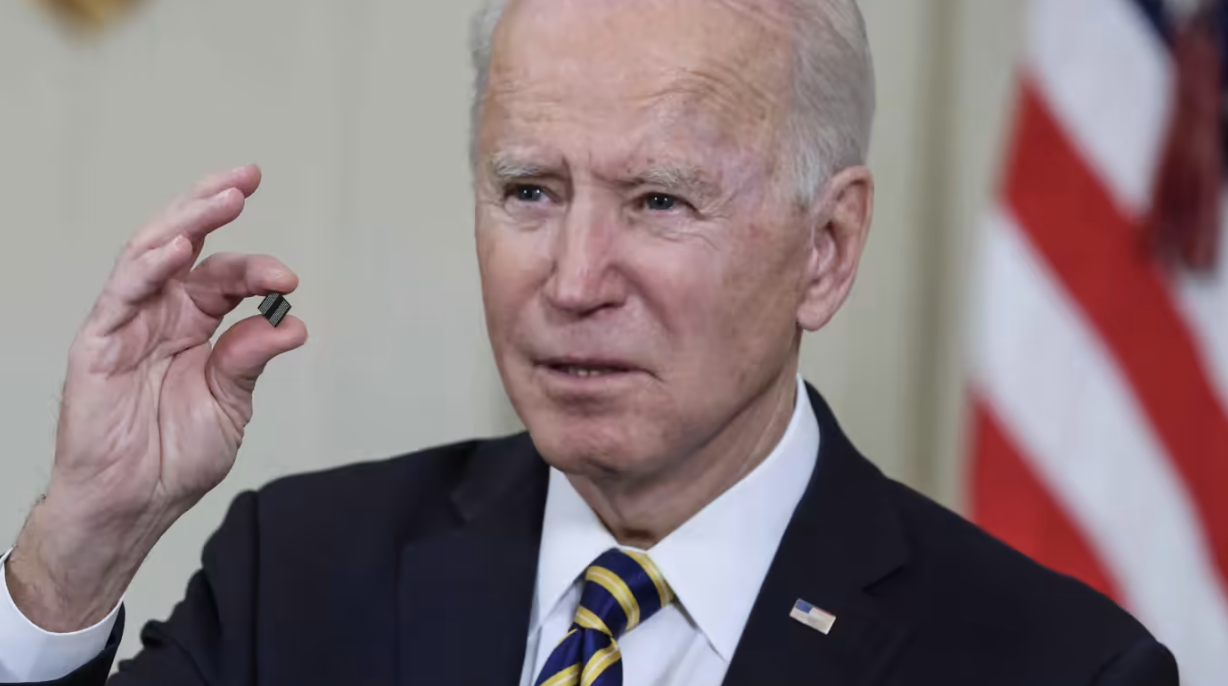Chinese Americans Fired in Semiconductor Industry Exodus
China, despite achieving rapid progress in the past decade, is facing increasing pressures from the West in developing semiconductor and supercomputer industries. Photo: Bart van Overbeeke/ Reuters
On Oct. 13, in response to the new restrictions announced by the US Bureau of Industry and Security (BIS) on the export to China of advanced semiconductors, chip-making equipment, and supercomputer components, major Chinese technology companies suspended large waves of their American employees. Major US chip suppliers also started pulling back from Yangtze Memory, China’s most advanced memory chip manufacturer. Under the new regulation, the American employees will have to cease working for them and return to the US or risk losing their US citizenship or permanent resident status.
Among those affected, Chinese Americans in the semiconductor field are the most perturbed. Approximately hundreds of Chinese Americans work in key positions for Chinese semiconductor companies. With their advantage in language and knowledge of semiconductor technologies from the US, they have long enjoyed business success in China.. As of Oct. 18, 2022, more than 200 of these Chinese Americans have left China, most of whom are part of the higher level executive and management team in Chinese enterprises.
This pressure follows earlier chip sanctions on China from other countries or economies. For instance, on Oct. 13,, Taiwan elevated the minimum size of chips produced at its branch factories in the Chinese mainland. Along with the trend, some analysts believe that without help from the Chinese Americans in the exodus, China would lose access to more advanced technologies in semiconductor and supercomputer industries, and thus be stagnant in those strategically crucial industries.
U.S. President Joe Biden holds a semiconductor chip as he speaks prior to signing an executive order in the State Dining Room at the White House in Washington, U.S., February 24, 2021. Photo: Jonathan Ernst/ Reuters
This seems to be exactly the intended consequence of President Biden’s new regulation. As President Biden commented, this regulation aims to speed up American and Western decoupling with China in strategically crucial economic and technological fields, and seeks to reduce China’s ability in incorporating the technologies into its military programs and surveillance system.
Chinese American senior workers, the top talents in the fields holding sensitive knowledge and information potentially helpful for China to achieve its goals, are also anticipated to be forced back to the US. While these ends seem within reach, many also condemned the new regulation to be self-harming. They claimed that, with a weakening global economy, US chip firms have already been facing plummeting demand in their chips, and the new export restriction only further curbs their sales. Declining domestic investment and anticipated Chinese retaliation is also a major concern.
Mao Ning, the spokesperson of the Chinese foreign ministry, shared similar views as above. She criticized that “artificial restrictions for political purposes undermine American and global stability of the production and supply chain, further endangering the already fragile global economy.” According to Mao, “China firmly opposes the unreasonable suppression of Chinese companies from the US side, upholding nondiscriminatory, multilateralist principles of openness and fairness.” So far, China has not carried out immediate countermeasures, but it is clear that the US has taken one step further in worsening the China-US relationship .


